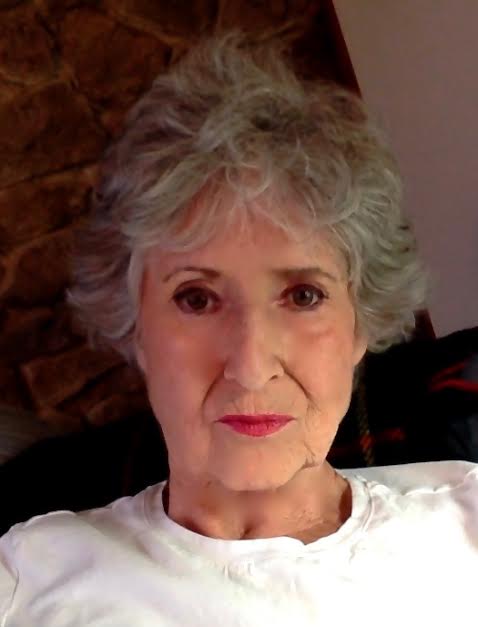The golden age of Athenian democracy was destroyed and replaced by the Thirty Tyrants, who were installed in Athens and all of the Delian city-states to insure compliance with Sparta's oligarchic regime. The price of dissent was the death penalty. So atrocious was this reign of terror that many Athenians fled for their lives. So desolate was Athens after the war that the Spartans came to realize they no longer feared and envied the once-glorious empire they had pounded to ruin. The thirty tyrants were recalled, and a democracy of sorts was reestablished, but Athens never recovered her former glory.
The tragedies of Aeschylus, Sophocles, and Aristophanes were performed in Athens throughout the war years. According to Aristotle, the aim of tragedy is to arouse pity and fear in the spectators and bring about an emotional catharsis. Another view holds that by participating vicariously in the unbridled grief and anger displayed by the actors, spectators are gradually led to moderate their emotions and attain a state of phronesis, i.e., a kind of wisdom that includes the virtues of humility and self-restraint. It is a dimension of the spirit that is incompatible with hubris, about which I will say more further on.
Today, the New York based Theater of War performs the most compelling Greek tragedies for local communities (and online during the pandemic) for war veterans with PTSD and other victims of trauma. Their audiences testify to the therapeutic impact.
For those who question the Peloponnesian war's relevance to the United States in the 21st century, consider how many years America has been at war and how much that history has driven massive defense spending, even as Americans are suffering and dying from an uncontrolled pandemic; a failing healthcare system; raging hurricanes, floods, and wildfires; joblessness, homelessness, hunger, crime, and insurmountable debt with little or no relief from their government. Do Russia, or China, or Yemen, or Iran, Venezuela, or Afghanistan really pose a greater danger to the American people than our frightening domestic calamities do?
Consider also the brutalization of everyday life described by Henry A. Giroux almost a decade ago, to which I would add the increasingly bold and violent hate groups, and the nearly 30,000 school children under 10 who have been arrested by the police and taken away in handcuffs for classroom misbehavior, between 2013 and 2017.
Finally, there is the matter of what Graham Allison calls the "Thucydides Trap." It is an idea borrowed from the ancient historian who posits that when a hegemonic power is threatened by a rising power, like Sparta and Athens, war becomes inevitable. Allison's book Destined for War argues that according to Thucydides' logic and his own historical research, China and the U.S. are probably headed for war. I would argue that as long as American policy makers, Republicans and Democrats alike, cling to the dangerous and hubristic myth of American Exceptionalism, the illegal wars will continue, regardless of what happens with China. The Democratic Party elites and the incoming Biden administration offer little hope of change in that regard.
I have been surprised to find a lot of consensus among disparate sources, in the course of my research, particularly on the subjects of hubris and phronesis. Vaclav Havel, for example, stated the following in his 1995 commencement address at Harvard:
We must divest ourselves of our egotistical anthropocentrism, our habit of seeing ourselves as masters of the universe who can do whatever occurs to us. We must develop a new respect for what transcends us: for the universe, for nature, for life, and for reality. Our respect for other people, for other nations, and for other cultures can only grow from a humble respect for the cosmic order, and from an awareness that we are a part of it, that we share in it...
Havel's statement introduces another point of consensus among many of the sources I've consulted. I will call it "reverence," for want of a better word. It is essential to the mindset of many indigenous peoples, ancient societies, and all of the world's great religions. It is the understanding that all living things are sacred, including all of nature. This is the opposite of hubris. Like the Greek concept of phronesis, it requires humility, reverence, and charity towards all living things.
These are lofty principles, difficult to attain. But Martin Buber, one of the greatest religious thinkers of the 20th Century, has clearly pointed a way forward. In his book I and Thou, he posits that man has two modes of engaging with the world. The "I-It" mode of relating views the other as an object to be observed, used, passed over, or destroyed, whereas the "I-Thou" mode views the other as subject. When one thus recognizes the personhood of the other, one is filled with a feeling of reverence, for God is present in every such encounter and both persons are changed by the experience. I think this is a good way to begin cultivating reverence, which is powerful enough to change the world, one person at a time.
This journey has taught me enough to recognize that even in my old age and ineptitude with electronics and computer software, I can still find meaning and purpose where I have found it in the past: that is, in writing and teaching a "pedagogy for liberation" that I learned long ago by reading the great Brazilian educator, Paolo Friere. And I should not fail to mention that it was OEN's own Rob Kall who encouraged me to undertake this journey in writing, when I believed I no longer had it in me. To him, I remain deeply grateful.
(Note: You can view every article as one long page if you sign up as an Advocate Member, or higher).





